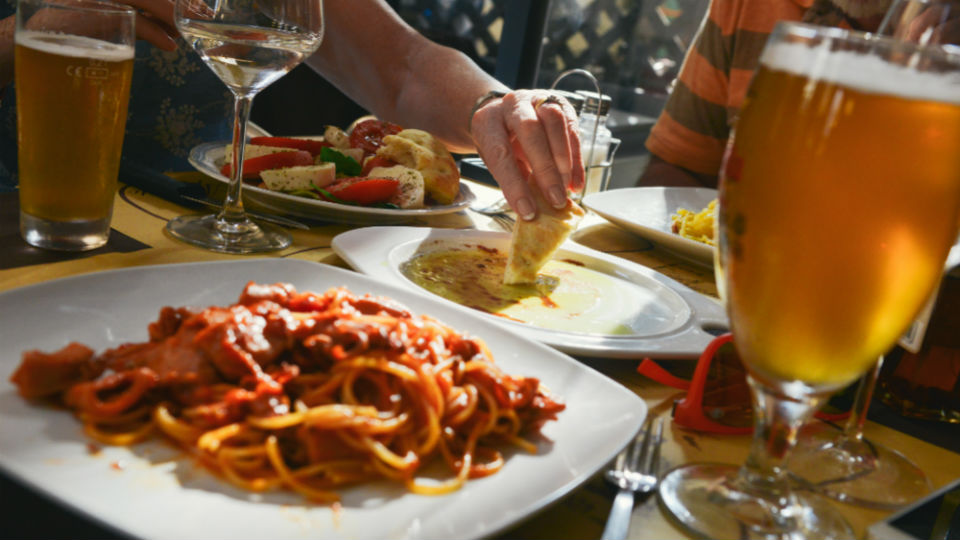Cybele Pascal has found that her experience working in restaurants for fifteen years has reaped some unexpected benefits. In 2001 it was discovered that her son had severe food allergies.
Cybele chose to tackle this challenge head on, by learning all she could about allergen-free cooking. She has since published two allergen-free cookbooks to help other people faced with the same dilemma, and has been determined to make this method of cooking chic and sought after.
(Transcribed from interview)
How common are food allergies in America?
Cybele Pascal:
People are having a hard time figuring out who has a food allergy and who has a food intolerance because a lot of people with food intolerances believe they have a food allergy.
According to medical professionals and according to studies that have been done, right now in the United States about eight percent of children – that’s a lot of kids, that’s two kids in 25 – eight percent of children have food allergy in the United States. Again, that’s two kids out of every 25 children and somewhere a little below five percent of adults have a food allergy and that’s a lot of adults too.
So if you break it down, it’s millions and millions and millions of people. It’s somewhere between 12 and 17 million people. If you do it just by those percentages, that’s about 17 million people. It’s a lot of people.
I think it’s epidemic to be honest with you, and I think it’s only growing and I think that we need to figure out; we need to put more money into research not just about how to diagnose and cure but about why. Why are so many of us allergic to the foods that are the staples of the western diet? What’s happened?
http://www.cybelepascal.com/?page_id=2
https://www.empowher.com/users/cybele-pascal






Add a Comment1 Comments
Thank you for your post; this is important information to share. Food sensitivities HAVE become epidemic, mostly due to highly processed food. The gluten, corn and soy that is contained (and often hidden) in most processed foods have been manufactured to the point that they are foreign to the body's digestive enzymes. This, in turn, causes the immune system to view them as toxins rather than food.
The newest information on obesity is that 60% of obese individuals have one or more food sensitivities (allergies), most often gluten, corn, soy or dairy.
This is critical because continued exposure to a toxin in the body leads to severe inflammation, pain and end-stage disease. And the difficult part of this for physicians is twofold: 1) the end-stage diseases may not be primarily digestive such as celiac, but can be dermatologic, rheumatoid, psychiatric, etc, making them difficult to correlate to food; and 2) current allergy testing may not reveal the food sensitivity since it is geared to the purer form of the food.
The ultimate solution is to wean oneself off processed food. Since this can be difficult for people working/schooling/parenting with little time or energy for cooking, I advise them to start by reading labels, selecting purer foods and assembling their meals from separately prepared ingredients. This immediately gives you more control over how many processed foods or chemicals are in your diet.
The easiest way to test for food allergies is to eliminate them from the diet for 2-3 weeks, see how you feel, then rechallenge yourself. If you feel better off that food, consider it a food sensitivity. Most people think they can't live without wheat gluten, until they see how wonderful it is to live without pain or inflammation! (It's also an incredibly easy way to lose weight!)
I tell folks if you can't picture it in your mind, or pronounce it, it's not food, it's chemical, and your body will reject it.
Here's to healthy eating and healing!
Sara L Stein MD
June 21, 2010 - 6:48amBariatric and Integrative Psychiatrist
Author, Obese From The Heart: A Fat Psychiatrist Discloses
http://obesefromtheheart.com
This Comment